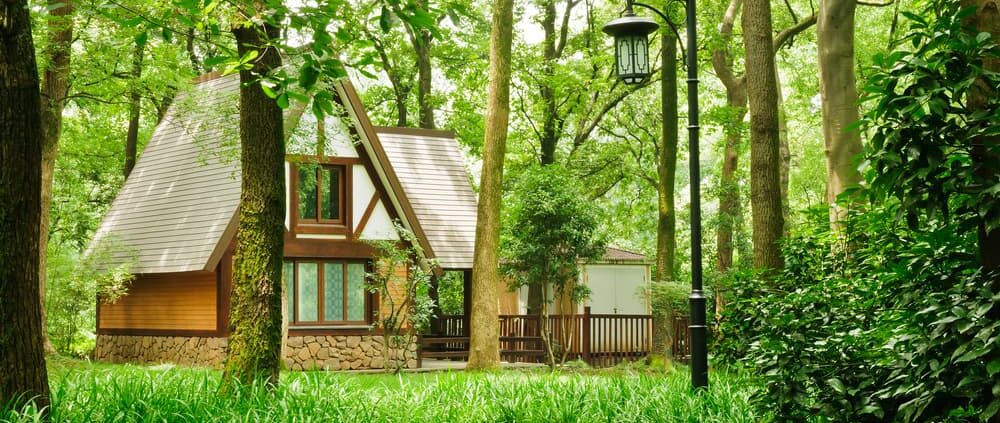Wildfire Safety and Prevention Tips For Your Property
With the increase of extreme weather patterns in Ontario, homeowners are looking at ways to improve their properties’ safety. In the event of a wildfire, prevention is an ideal place to start, and can include everything from emergency preparedness to having the right insurance coverage. Let’s explore some wildfire safety tips that will highlight how to secure your home while trying to navigate through a potential wildfire:
Regularly Check Weather Updates
If current forecasts predict that the weather is going to be dry and hot, there may already be warnings set in place that you need to know about. Additionally, be vigilant about checking for fire bans. If a fire ban is in place, save the bonfires and fireworks for another day to avoid the embers potentially catching on dry foliage.
How Can I Prepare My Property for Wildfire Season?
A few simple steps can put your home in the best position to withstand a wildfire threat. Here are a couple of areas you can assess:
- Check your smoke detectors: Ensure the smoke detectors in your home have fresh batteries, and test them frequently to guarantee proper functioning. Smoke detectors should be changed every ten years to perform efficiently, and batteries replaced every spring and fall.
- Prepare the greenery around your home: The nature around our homes can pose a severe risk during wildfire season. Where possible, avoid planting trees or shrubs near your home, and clean up fallen leaves promptly. Keeping the grass on your lawn short and well-watered is also a good idea as long, dry grass will feed a wildfire easily.
- Store flammable materials properly: Having a spare gas tank may be essential, especially in the case of an emergency evacuation. However, it is vital to ensure that any flammable materials, such as gas and solvents, are stored away from the home so they can’t contribute to a potential wildfire. Any wood piles you may keep on your property should also remain far from your home, ideally around eight metres away.
- Clean your roof and gutters regularly: The dry debris that accumulates in your gutters is flammable, and can be increasingly dangerous during a wildfire. Take care to clean out your eavestroughs once a year, and remove any fallen leaves or sticks from your roof.
What Should I Do For My Home During an Active Wildfire?
If your area is facing an active wildfire, you may be asked to evacuate your home for safety reasons. However, in some cases, you may be able to remain in place until the fire lessens. Here are some protective tips to keep your home safe in that scenario:
- Close all doors and windows, and remove any window coverings
- Shut off your gas, heat, and air conditioning units
- If possible, use a hose to wet your roof and your home’s exterior
- Turn the lights on in your home in case the smoke makes it difficult to see
Plan For a Potential Evacuation
It is always advisable to have an escape plan in case of a house fire or similar emergency. Homes in areas that see increased wildfire activity should have a plan to evacuate and route they will follow to reach a more protected area. While planning, put together a safety kit with basic necessities like food, water, and medical equipment that you will bring with you, and ensure everyone in your home knows where it is.
Keep Your Home Safe This Summer
Wildfires can be unpredictable and spread quickly. Pay attention to news and weather reports in your area if you’ve experienced a particularly dry and hot summer. In the meantime, you can consider insurance as another way to protect your home with peace of mind. At Tanner Insurance, we tailor your coverage to fully suit your individual needs so you and your family always feel protected. Contact us today to ensure your home is safeguarded from damage potentially caused by wildfires.




Leave a Reply
Want to join the discussion?Feel free to contribute!